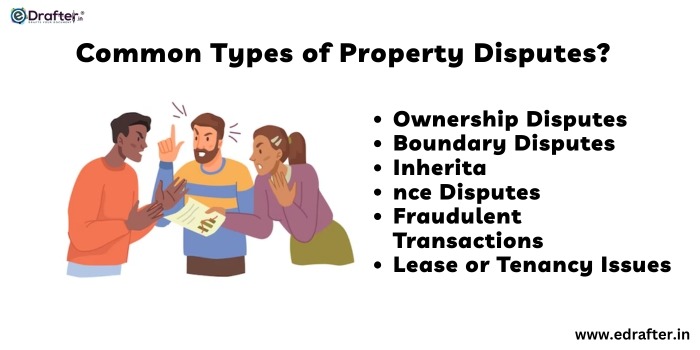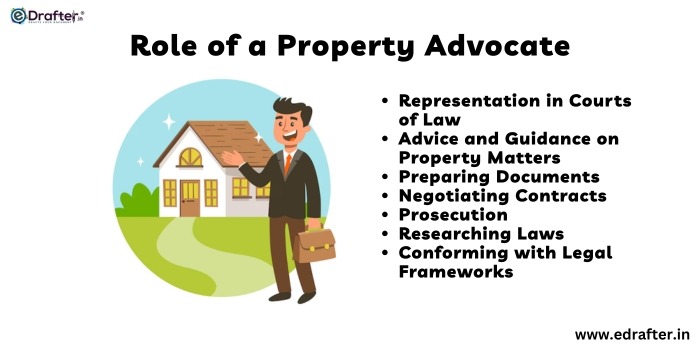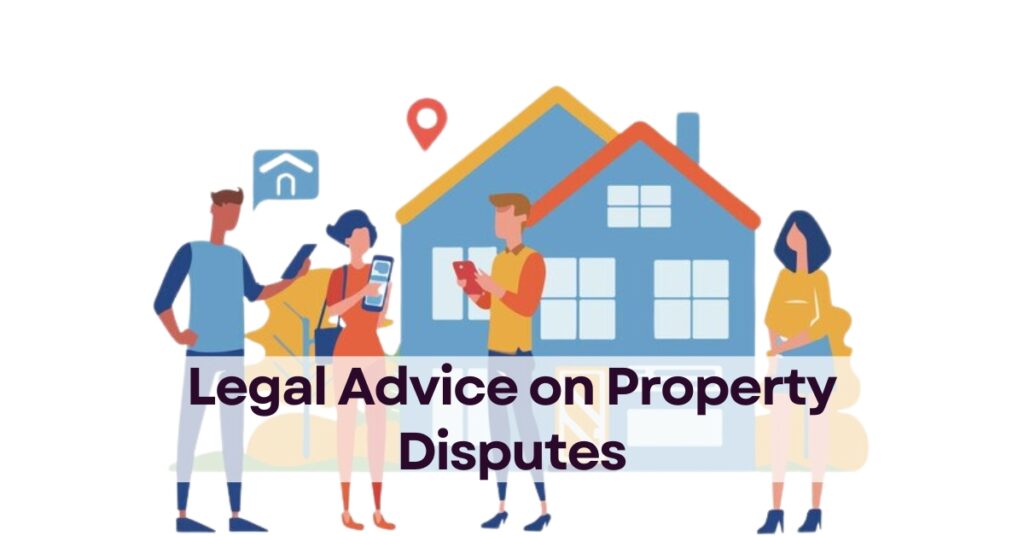Table of Contents
- What is a Disputed Property?
- What are the Common Types of Property Disputes?
- What are the Laws relating to Property Disputes?
- How can I get Property Dispute Advice Online?
- Conclusion
Conflicts over ownership, usage rights or boundaries; these are the disputed properties, often coming from fraudulent transactions and contested wills among other inheritance disputes. It is common to find property disputes that involve conflicts of ownership, boundary issues between neighbours, disagreements on inheritance matters, leases and tenancy agreement and fraudulent transactions. These include laws related to titles, contract law, zoning regulations as well as statutes addressing boundaries and easements which may be resolved through arbitration or mediation. If you are involved in a property dispute, ensure that you check your documents; consult with a lawyer; consider mediation; employ a surveyor; gather all the necessary proofs for your claim; file the appropriate papers before court as well as adhere to any directives issued by them. Property advisors that operate online can be found on real estate websites and legal platforms.
What is a Disputed Property?
Real estate in dispute is property that people fight over who owns it, what they can do with it or the rights in question. Cases could arise from fraud claims, wills that don’t add up, inheritance fights, or differences on the boundaries of land. Until resolved by courts, such properties often have to grapple with legal challenges which may affect their transferability, none-saleability and non-developable character.
What are the Common Types of Property Disputes?
Common types of property disputes include:

- Ownership Disputes: Conflicts arising from contrary interests are title issues.
- Boundary Disputes: Challenges regarding property lines where there are cases of encroachment.
- Inheritance Disputes: Disagreements relating to property division under wills or through intestacy.
- Fraudulent Transactions: Contentions arising out of fraudulent deals in real estate.
- Lease or Tenancy Issues: Controversies over covenants and breaches between proprietors and occupants.
What are the Laws relating to Property Disputes?
Laws governing property disputes involve ownership rights, titles, deeds etc. These laws also cover contractual issues in sales and leases as well as boundary disputes and zoning rules. Access and utility rights are usually dealt with by easements while claims through long-term occupation are allowed by adverse possession. Inheritance laws regulate how assets in an estate are divided and distribution of marital property is managed by divorce laws. For a given jurisdiction or circumstances surrounding each case, these disputes may be settled via mediation or arbitration rather than being litigated.
Also Read – Send Legal Notice for Property Dispute
What can I do if I am involved in a Disputed Property Case?
- Documents Reviewed: Review all pertinent property records and agreements.
- Lawyer Consulted: Seek professional advice from a real estate lawyer.
- Mediation Considered: Try resolving differences through alternative dispute resolution mechanisms such as mediation or negotiation.
- Surveyor Hired: Get a licensed professional to handle questions of encroachment or boundary disputes
- Evidence Gathered: Collect all supporting documents that would be used in court;
- Claim Filed: Go To Court If Necessary! Take legal action by initiating the lawsuit if need be.
- Court Orders Followed: Abide by court decisions and orders regarding the matter.
Can I get a Property Advisor Online?
Yes, you can find a property advisor online via real estate portals, legal websites, or (that is) on professional platforms like LinkedIn. Many agencies and companies offer virtual consultations. Make sure their credentials are verified and read reviews to ascertain their reputation as well as qualifications.
How can I get Property Dispute Advice Online?
For any property related dispute, you can use our Legal Advice service where you will be consulted by experienced advocates. Here are the simple steps:
- Visit our website edrafter.in and click on the Legal Advice in Services section of the main menu of our website.
- Now, you will be redirected to our Legal Advice page where you need to fill the form to provide us some required information.
- We will schedule a call with an expert divorce advocate and will share the meeting details with you on email.
- During the call, the Advocate will understand your case and will tell you all available legal options to protect your legal rights.
What is the role of a Property Advocate?

- Representation in Courts of Law: Represents clients in matters involving property disputes and transactions.
- Advice and Guidance on Property Matters: Offers expert guidance on all aspects of property laws, rights and legislation.
- Preparing Documents: Composes/constructs legal papers including contracts, deeds etc.
- Negotiating Contracts: Mediates between parties to reach term sheets or settlements
- Prosecution: Handles lawsuits relating to properties where they go before courts of law for determination.
- Researching Laws: Conducts studies that back up cases as well as deals under consideration by lawyers
- Conforming with Legal Frameworks: Ensuring that every move adheres to relevant laws governing properties.
Which Court deals in Property Dispute cases in India?
In India, Property dispute cases are handled by Civil Courts of all District Levels and for the Appeals or any legal Questions or Disputes the concerned person may escalate to High Courts or Exceptionally to Supreme Court.
Conclusion
In Summary, Common claims tend to come up concerning ownership conflicts, boundary issues, inheritance disputes, fraudulent transactions, and tenancy problems. Applicable legislation covers things such as ownership rights, titles, contracts between parties involved in land deals like buying or selling it or just development plans under the zoning rules put in place. Settlement methods encompassed those available through courts such as litigation together with alternative ones like arbitration or mediation proceedings.


